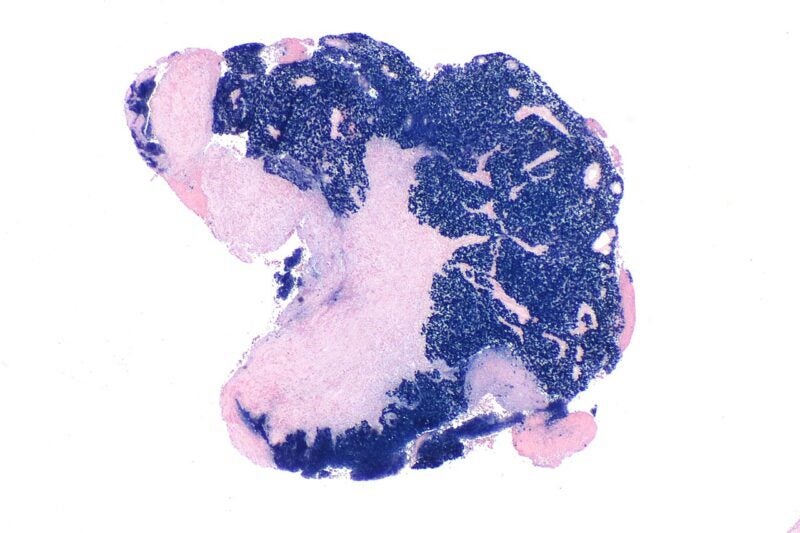
The China National Medical Products Administration (NMPA) has granted approval for BeiGene’s tislelizumab along with chemotherapy as a first-line treatment to treat recurrent or metastatic nasopharyngeal cancer (NPC) patients.
An inhibitor of anti-programmed death receptor-1 (PD-1), tislelizumab can facilitate the immune cells of the body to detect and kill tumours.

Discover B2B Marketing That Performs
Combine business intelligence and editorial excellence to reach engaged professionals across 36 leading media platforms.
This humanised monoclonal antibody can reduce binding to FcγR on macrophages.
With the latest approval, tislelizumab is approved for nine indications in China.
The approval is based on clinical data from the randomised, double-blind Phase III RATIONALE 309 clinical trial of tislelizumab versus placebo, along with gemcitabine and cisplatin in both arms, as a first-line therapy for recurrent or metastatic NPC patients.
The trial analysed the safety and efficacy of the combination therapy.

US Tariffs are shifting - will you react or anticipate?
Don’t let policy changes catch you off guard. Stay proactive with real-time data and expert analysis.
By GlobalDataAccording to the findings, the trial met the primary endpoint of progression-free survival (PFS) at the interim assessment.
As per updated efficacy assessments at a median follow-up of 15.5 months, tislelizumab plus chemotherapy continued to offer a clinically significant PFS benefit compared to placebo and chemotherapy in RM-NPC patients.
Furthermore, the tislelizumab arm continued to show a positive trend in overall survival (OS) and improvement in time to progression of the disease or mortality following next-line treatment (PFS2).
In the trial, the safety profile of the tislelizumab plus chemotherapy was found to be generally manageable and in line with the safety profiles of each therapy.
BeiGene Solid Tumors chief medical officer Mark Lanasa said: “NPC is one of the most common head and neck cancers in China and many parts of Asia. Treatment options have been limited, with chemotherapy primarily provided for front-line care.
“On behalf of these patients, the approval of tislelizumab, a potentially differentiated checkpoint inhibitor, for patients with recurrent or metastatic NPC could provide new hope.”
Arising from the nasopharynx’s epithelial cells, NPC is a malignant, squamous cell carcinoma.
In April this year, the company received approval from the NMPA for tislelizumab to treat patients with locally advanced or metastatic oesophageal squamous cell carcinoma.




